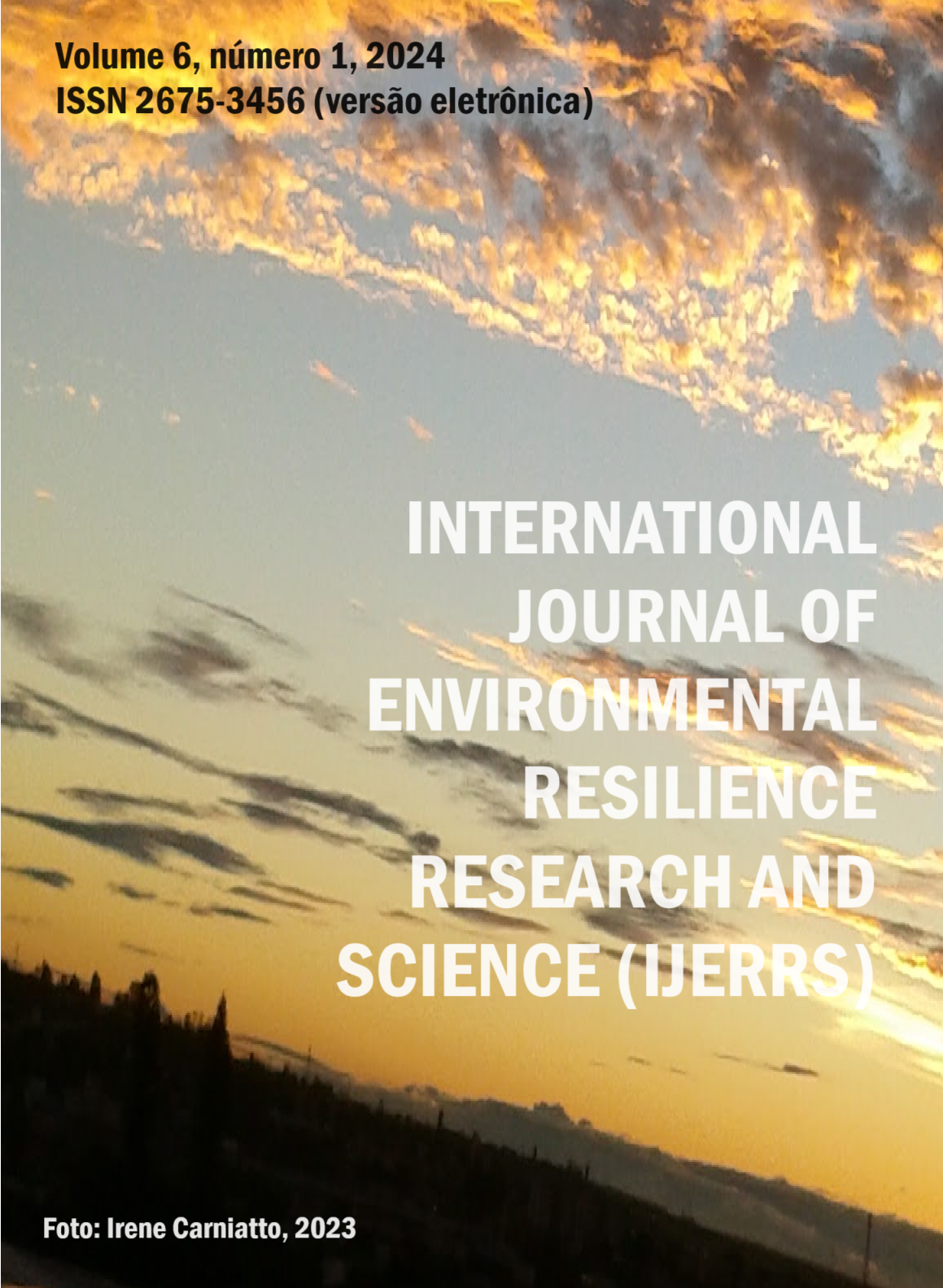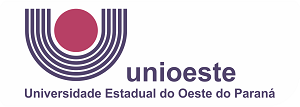Brazilian Flora: Food and Nutritional Security Allied to Biodiversity Preservation
DOI:
https://doi.org/10.48075/ijerrs.v5i2.32393Abstract
The current food system is negatively impacting the environment and, as contradictory as this may be, people's health. The ultra-processed industry and the demand for agricultural foods are contributing to the increase in diseases and the loss of biodiversity in Brazil, agricultural frontiers continue to advance across Brazilian biomes. While we prioritize a few foods, we are losing an immense wealth of nutritional diversity, which are the foods from the forests themselves. Today these foods are called unconventional food plants, as they are not commonly used. When we notice the importance of these foods for food and nutritional security, for income generation, and for the conservation of biodiversity, deforestation to establish monocultures of a few foods will make even less sense. The respondents to this study demonstrated knowledge of environmental issues involving the large Brazilian food chain, but not about foods from forests. This demonstrates that research, dissemination, and public policies are needed to encourage the collection, production and consumption of these foods. Always focusing on preserving biodiversity, removing only what will not impact the local fauna and flora.
Key Words: PANC. Food. Preservation. Biodiversity. Climate change.
Downloads
Published
How to Cite
Issue
Section
License
Copyright (c) 2024 International Journal of Environmental Resilience Research and Science

This work is licensed under a Creative Commons Attribution-NonCommercial-ShareAlike 4.0 International License.
Aviso de Direito Autoral Creative Commons
Política para Periódicos de Acesso Livre
Autores que publicam nesta revista concordam com os seguintes termos:
1. Autores mantém os direitos autorais e concedem à revista o direito de primeira publicação, com o trabalho simultaneamente licenciado sob a Licença Creative Commons Attribution que permite o compartilhamento do trabalho com reconhecimento da autoria e publicação inicial nesta revista.2. Autores têm autorização para assumir contratos adicionais separadamente, para distribuição não-exclusiva da versão do trabalho publicada nesta revista (ex.: publicar em repositório institucional ou como capítulo de livro), com reconhecimento de autoria e publicação inicial nesta revista.
3. Autores têm permissão e são estimulados a publicar e distribuir seu trabalho online (ex.: em repositórios institucionais ou na sua página pessoal) a qualquer ponto antes ou durante o processo editorial, já que isso pode gerar alterações produtivas, bem como aumentar o impacto e a citação do trabalho publicado (Veja O Efeito do Acesso Livre).
Licença Creative Commons
Esta obra está licenciada com uma Licença Creative Commons Atribuição-NãoComercial-CompartilhaIgual 4.0 Internacional, o que permite compartilhar, copiar, distribuir, exibir, reproduzir, a totalidade ou partes desde que não tenha objetivo comercial e sejam citados os autores e a fonte.









